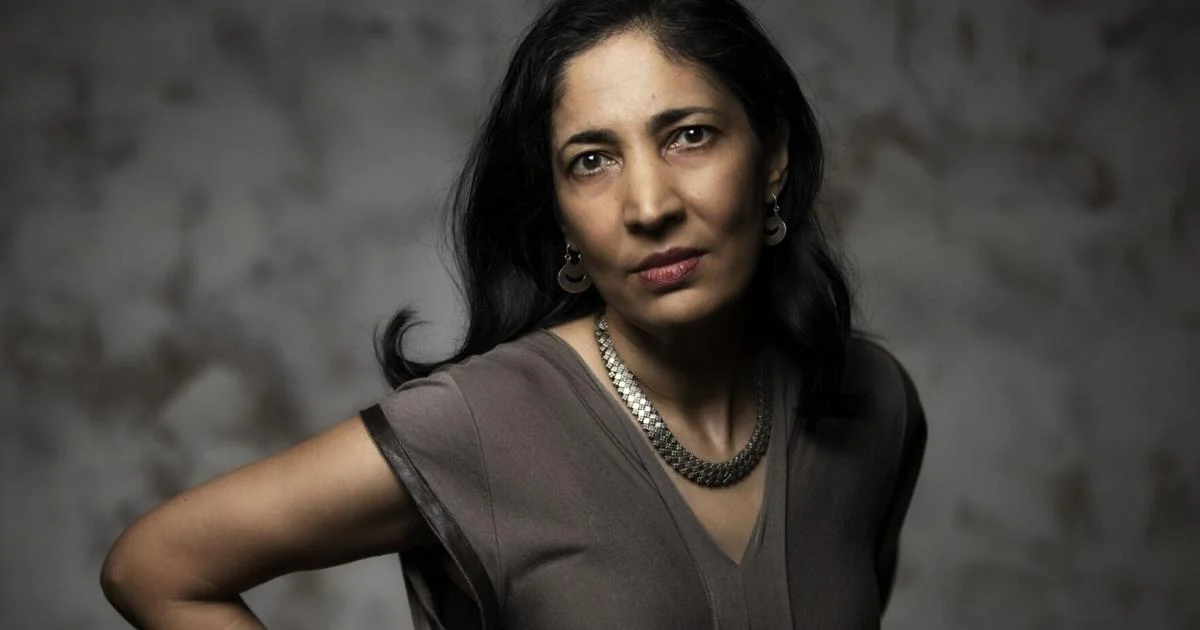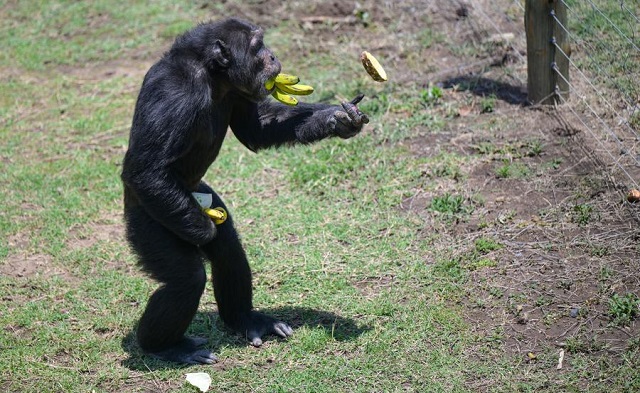Copyright thestar

The first time Sunny sees Sonia, she’s staring out of the window of a night train from Delhi to Allahabad. There’s a book on the seat next to her, and Sunny passes by twice in order to make out its title: “Snow Country,” the classic Japanese novel by Yasunari Kawabata. When Sunny and Sonia properly meet for the first time a few days later — turns out, their families have lived on the same street for decades and once made a half-hearted attempt to make a match between them — Sunny’s opening conversational gambit, in the darkness of Sonia’s grandparents’ veranda, is to ask her about the book. “In fact, I cannot read it,” says Sonia. “I keep trying to but I cannot because I love it too much. I pick it up and drop it, pick it up and drop it.” That strange heartache that reading something sublime can create is one that author Kiran Desai returns to several times in “The Loneliness of Sunny and Sonia,” her sprawling epic (this is the kind of book that requires a family tree printed at the front) about three generations of two families, each life shaped and buffeted by the endless waves of change that characterized the Indian experience in the 20th century. “When I’m reading something I love so much, I can hardly bear it,” said Desai, chatting over video call from her home in New York. “I can hardly read the book because I desire something about it so much. It’s almost unbearable because it’s so exquisite.” When she reads a book like that — most recently it was “Conversations in Sicily” by Elio Vittorini, which had lain forgotten on her shelf for years before she picked it up — Desai says she’ll find herself walking up and down, “scrabbling towards my own ideas,” compelled to write something of her own in response. “Often I think a writer is just really wanting to put a book alongside a book she loves, to write a book that has something of what you love.” It’s been nearly 20 years since Desai, who was born in India and moved to the U.S. as a teenager, published her Booker Prize-winning second novel, “The Inheritance of Loss.” The public-facing business of being an author, she said, has changed significantly in the intervening decades. “Social media is so much bigger and you’re so much more out there, even than before. And before seemed excessive,” said Desai, who contrasts this modern experience to the “much quieter” authorial life enjoyed by her mother, the novelist Anita Desai, who was herself shortlisted for the Booker Prize three times. “She says, ‘I think we were so lucky to not have to be so much in the public eye.’ You were not so self-conscious. You could work without thinking that there was this whole other self out there in public.” That other self, Desai added, is often partially constructed with “completely inaccurate” internet dross that you can’t really do anything to counter. There are things about her personal life, for example, that she doesn’t even care to address. But the most egregious? “What I was doing in all these 20 years,” she said. “There’s this feeling that I must have been incredibly undisciplined, but I really wasn’t. I was, in fact, extremely disciplined in the practice of writing, if not in creating the book.” At more than 600 pages, cinematic in its scope and yet cosily immediate in the instant intimacy she creates between the reader and her characters, those years of work are evident in the richly embroidered text and yet worn lightly by a book that you can devour in a weekend. “The Loneliness of Sunny and Sonia” is set around the turn of the 21st century, a deliberate choice on Desai’s part. “I wanted that arc from British India through independent India, to have people still alive who could talk about that time and what it was to transform their idea of self as belonging to a certain community and religion in favour of a secular democracy, and that idea of country that was completely new,” she said, pointing out that her own grandparents’ daily lives and habits changed dramatically after India gained independence from British rule. “Those relationships, when marriages were arranged between children. Your spouse was found when you were 16 or 13 or 14 years old. What were those relationships like in a changing society?” The time period also set Desai up to explore the first “modern” relationships, like the ones she witnessed among her own parents’ generation. “Divorce was not common at all, but there were separations,” she said. “They were usually in the manner of Sonia’s parents. It would have just been something like, ‘Oh she’s got a mental problem and went to live in the mountains.’ There wouldn’t have been an ability to find a new relationship, or it would be rare.” The third strand would be Sonia and Sunny’s generation, the young people often urged to move abroad by their parents and trying to find partners on their own, the dislocation of both things inextricably linked. “They have no idea who they’ll meet, or when and where,” said Desai. “There’s always this anxiety as to why this person, why this place.” Her propensity to write across decades and geography, Desai acknowledged, doesn’t make things easy. “It takes a lot of effort to jigsaw together, to find the echoes of the plot on the surface, then a deeper thematic sense of continuity,” she said. “It would have been easier to write it in a trilogy, but the whole point was to make quicker connections, quicker echoes.” The chapters are deliberately short, she added, to ensure readers don’t drop the braid of a particular story before she has time to return to it. Interestingly, the strands that Desai felt most drawn to are the ones that were cut out in the end. “What has my heart are often the peripheral characters. The aunt who spends her whole life in her parents’ house before she’s turned out, the cook who doesn’t even have a name, the little dog in Goa,” she said, adding that she wrote long sections of these characters’ stories but only included small bits. That aunt character she mentions is Mina Foi, sister to Sonia’s father and considered contagiously unlucky after her doomed love affair with an unsuitable man followed by a brief marriage to a man who turned out to have another family. “I knew those people when I was growing up. They were these women who were on their own, who had somehow been done out of life through no fault of their own, and then were considered almost to be imbeciles,” said Desai. “They had very sad lives in a way. They would have to keep themselves happy or occupied.” She remembers the conversations she had with her own single aunts. “And they had so much to tell me because life had gone wrong. They really had an insight into people because most people did not show them their best side. They really knew everybody because they were watching from the sidelines,” she said. “I had one aunt who was single and lived in my grandparents’ home. We would sleep in the bed together and she would chat to me at night. And now I’m a single aunt! Maybe they have the same feeling towards me.” Mark your calendars Kiran Desai will appear at this year’s Toronto Festival of Authors, the city’s annual celebration of books, which runs Oct. 29 to Nov. 2. She’s in conversation on her new book Oct. 29 at 5:30 p.m. at Isabel Bader Theatre, 93 Charles St. W. Here are a few of the other stand-out literary names at this year’s fest. Richard Armitage, Oct. 30 at 6 p.m. The British actor you’ll recognize from “The Hobbit” has turned novelist and he’ll be there to discuss his thriller “The Cut.” Kotaro Isaka, Nov. 1 at 3:30 p.m. This acclaimed Japanese author will make his first North American appearance. André Aciman, Nov. 1 at 8 p.m. The writer of “Call Be My Your Name” is in town to talk about his new memoir, “Roman Year.” Souvankham Thammavongsa, Nov. 2 at 11:30 a.m. Recently nominated for the Giller Prize, this Toronto poet and author will be on hand to discuss her first novel, “Pick A Colour.” See festivalofauthors.ca for details.



